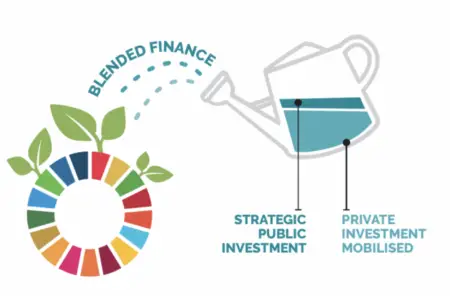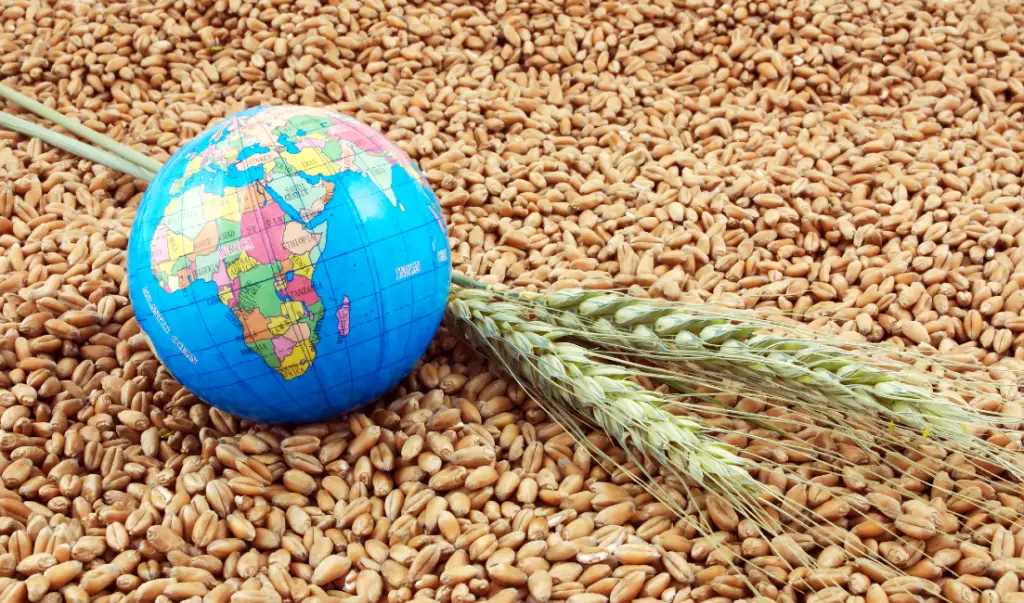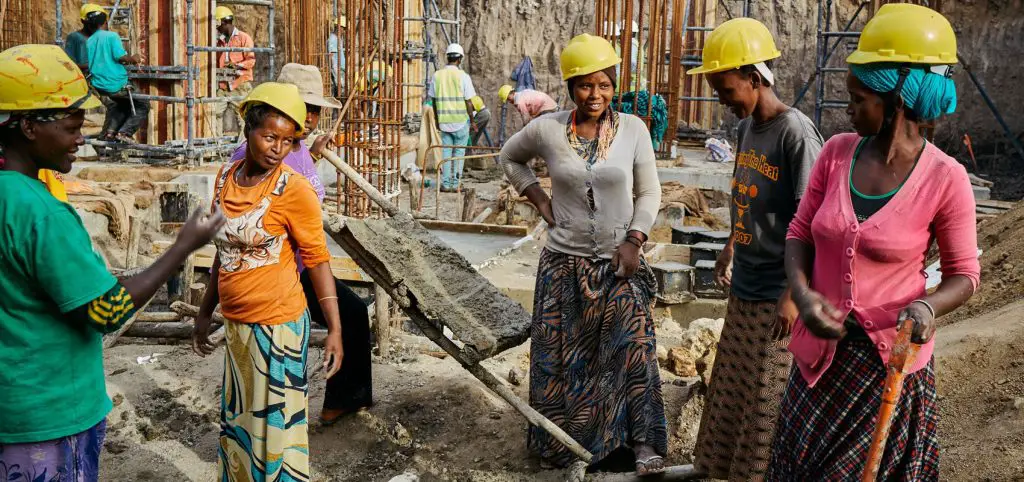- Vantage Capital seals exit from PickAlbatros Hotels after $18.4M pandemic boost
- Madica backs Earthbond in bold pre-seed bet on sustainable solutions
- Venture capital and debt drive growth in Kenya’s agri-tech sector
- Sustainability Week Africa: Pioneering change amidst climate challenges
- Refugee Crisis in Chad as War and Hunger in Sudan Drive Thousands Across Border
- Senegal 2050: A Blueprint for Economic Transformation
- Kenya’s banking sector corporate taxes hit $563.7 million despite industry profit drop
- South Sudan Crisis: How a Broken Pipeline Has Plunged Juba into Chaos
Browsing: SDGs
With its immense potential and vast resources, Africa stands at a critical point in its economic growth path. While the continent has promising economic prospects, it also has significant challenges that have impeded growth. A concept known as "blended finance" has gained popularity in recent years as a viable answer to assist governments in overcoming economic challenges. As a result, it is vital to look into what blended finance is, how African economies can leverage its benefits and its crucial role in supporting sustained growth across the continent.…
[elementor-template id="94265"]
The Horn of Africa region – Eritirea, Ethiopia, Sudan, Djibouti and Somali – has faced persistent food shortages due to a mix of climatic conditions and conflict in some parts of the region. Over 22 million people face a dire lack of food, a decade after setting the global sustainable development goals (SDGs).
Four consecutive seasons of failed rains in the region and in Northern Kenya has threatened to further exacerbate the food situation in the Horn.
The single known reason why rains are failing in what is supposed to be the world’s most rain rich region is climate change, and that is not a natural disaster, it is man made.
Also Read: The economics of harvesting rain
Weather patterns have changed. Seasons have become unpredictable. The phenomenon explains itself, weather, by definition is the condition of the atmosphere at any given time, but climate is the noted weather patterns …
Why is agriculture so important? The World Bank estimates that “Healthy, sustainable, and inclusive food systems are critical to achieving the world’s development goals. Agricultural development is one of the most powerful tools to end extreme poverty, boost shared prosperity, and feed a projected 9.7 billion people by 2050.
Growth in the agriculture sector is two to four times more effective in raising incomes among the poorest compared to other sectors. Agriculture is also crucial to economic growth: it accounts for 4% of global gross domestic product (GDP) and in some developing countries, it can account for more than 25% of GDP.”
Agriculture not only eliminates hunger, but its support and success will lead to the attainment of the world’s development goals, end poverty, and boost shared prosperity. CGAP, which published an article about “The Role of Financial Services in Reducing Hunger”, states that for the majority of the 1.4…
- African nation's like Rwanda are investing in top-notch ICT systems
- Industrialization in Africa is yet a challenge being tackled by most economies
- Despite the pandemic hitting global economies several African nations stood strong
Follow the numbers they say, if one wants to understand how Africa can go beyond the typical growth trajectory that does not commensurate with its natural capital and human potential to attain economic freedom. Sustainable development is rather crucial for Africa to attain. On that note, efforts such as Africa Continental Free Trade Area (AfCTA) are a tool the region employs to breathe life into that ambition.
Numbers point towards an exciting viewpoint that questions whether Africa can sustain its economic growth without adopting the best available, sustainable economic systems.
The region has been keeping a good track record over the past years. For instance, Tanzania—has become one of the fastest-growing economies in Africa—ascending towards a low-middle-income
As part of the requirements under the Kenyan Act, the government additionally established an Integrated Monitoring Reporting and Verification (Integrated MRV) system and published Kenya's National Climate Change Action Plan 2018-2022 (NCCAP). The five year plan requires the government to develop “action plans”, providing mechanisms to assist stakeholders in bringing about low-carbon climate-resilient development.
Angola boasts some of the most ambitious targets for transition to low carbon development in Africa, albeit having ratified the Paris Agreement in November 2020. Since then the country has launched a national development plan, established a climate observatory and implemented a continuous national emissions monitoring system.
In addition, Gambia is committed to reducing its GHG emissions unconditionally, by 2.4 per cent by 2025 having implemented the Sustainable Energy Action Plan in 2015, which sets out the country’s renewable energy targets and corresponding measures necessary for their achievement. It has also committed to terminating oil importation…








